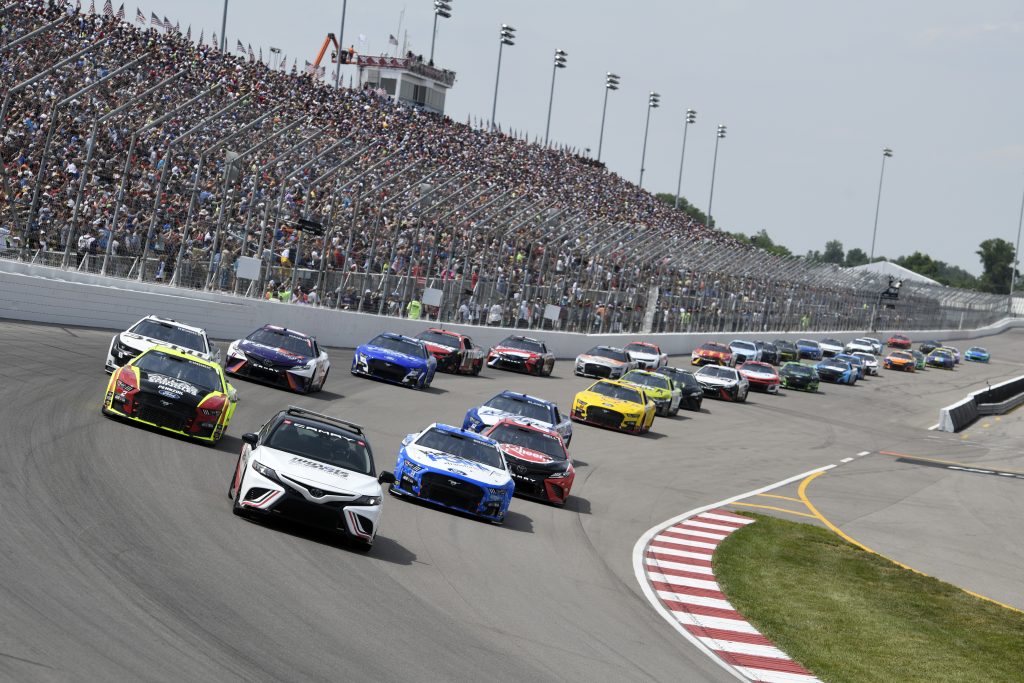
In Mooresville, North Carolina, the gentle buzz of crickets soon could be replaced by the low whir of server fans and that prospect has stirred a tempest. The planned $30 billion Mooresville Technology Park, targeted for 400 acres that were once owned by NASCAR icon Dale Earnhardt, has sparked a very personal and public battle between his widow, Teresa Earnhardt, and his oldest son, Kerry Earnhardt, with her in favor of the project and him against it. What’s playing out here is not just a family battle it’s a microcosm of a national battle over the potential and risk of massive data centers.

1. A Family Legacy at the Crossroads
Dale Earnhardt’s property was his escape a hunting and fishing ground, an antidote to the din of the racetrack. Now it’s the focal point for a rezoning petition that would change it from rural farmland to industrial space. Kerry Earnhardt was outspoken: “My Dad would be furious for his name to be attached” to the development project, threatening to exhaust natural resources, displace wildlife, and irreparably change the landscape. To many residents, the property is not merely square footage it’s a part of communal identity.

2. The Promise of Economic Gain
Developer Tract, which has built facilities for Amazon, Google, Microsoft, and Meta, touts the project as a boon: 1,000 construction jobs, 200 permanent positions averaging $100,000 annually, and hundreds of millions in local tax revenue. Proximity to Charlotte’s growing tech market, access to long-haul fiber routes, and a nearby 230kV transmission line make the site attractive. Supporters see it as a chance to modernize the local economy and put underused land to work.
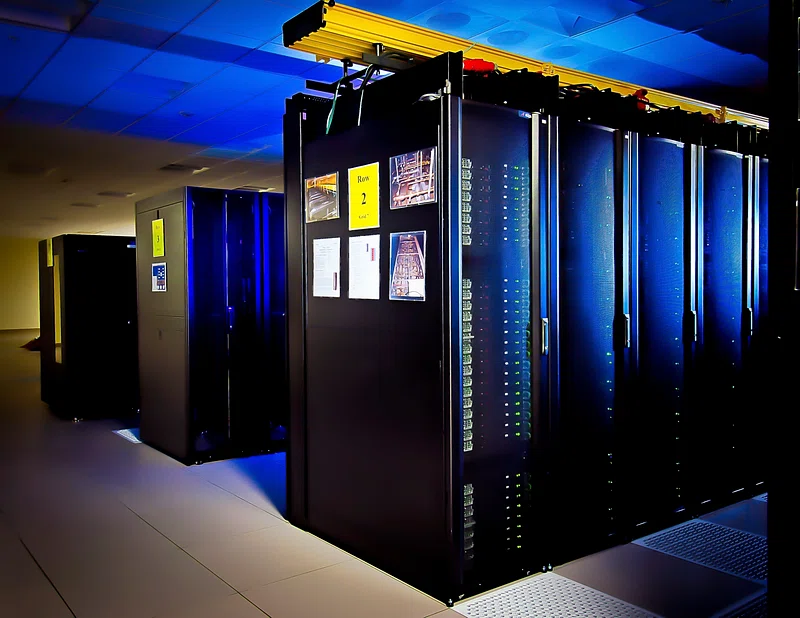
3. The Environmental and Resource Issues
Critics cite the enormous resource requirements of hyperscale data centers. The big facilities use as much as 5 million gallons of water per day to cool them equivalent to a city of 50,000 inhabitants and demand astronomical levels of electricity, sometimes equalling the demands of whole industrial complexes. In areas under drought, this can stress already vulnerable water networks. Wealth and power are a bad combination if not used wisely, said René Earnhardt, calling on the town to safeguard its open space.
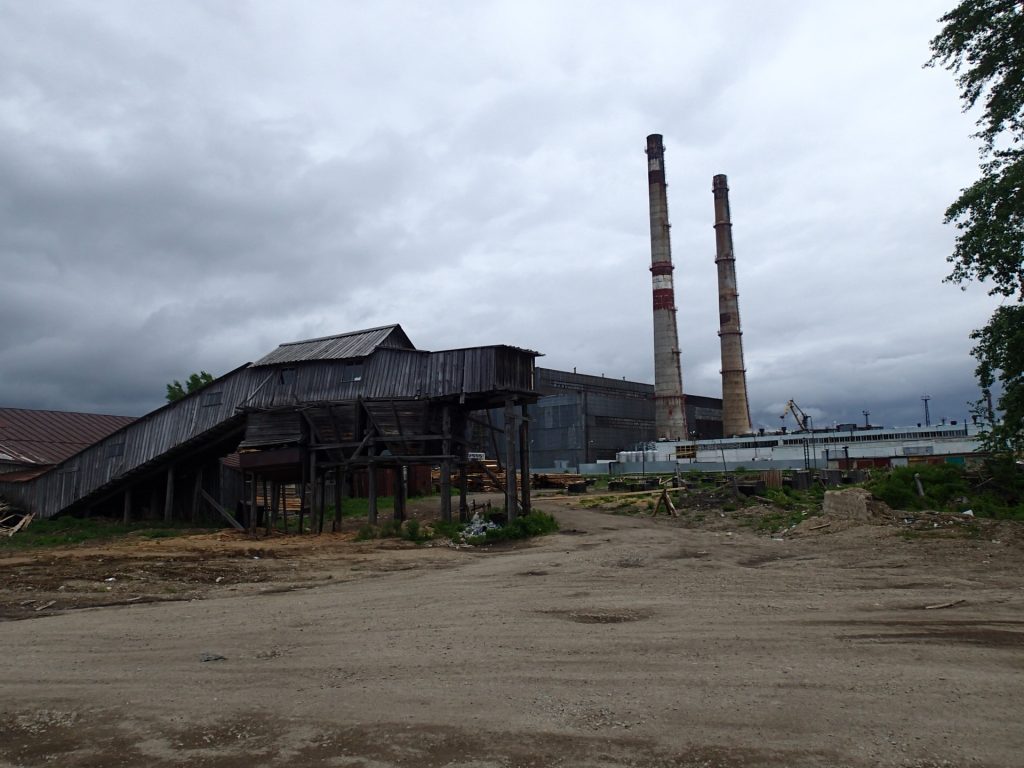
4. The National Pattern of Pushback
Across Arizona to Kentucky, local movements have been able to stop or slow down billions in projects. In just the last year alone, $64 billion worth of U.S. data center construction were delayed or stopped by grassroots opposition. Issues include noise pollution and diesel generator emissions, to property value effects and rural character. “I don’t want an industrial wasteland a mile from my house. I can hear crickets at night,” summarized one Mooresville resident.
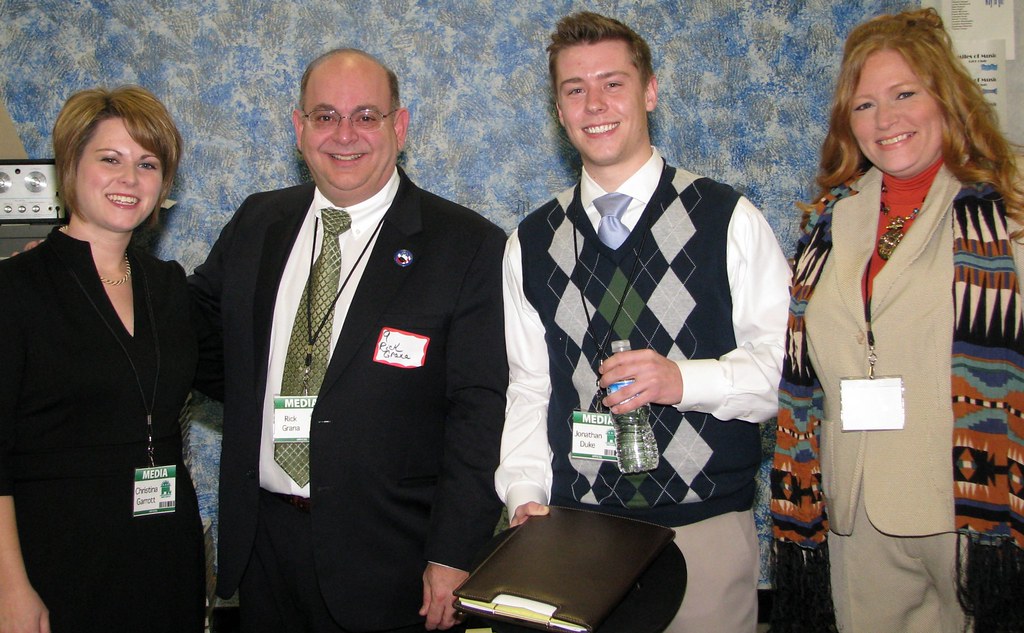
5. Psychological Strain on Communities
Land-use disputes can fracture small towns, creating rifts between neighbors, friends, and even families. Experts note that uncertainty over property values, environmental changes, and lifestyle disruption can heighten anxiety. Grassroots organizer Wendy Reigel, who helped stop a $1.3 billion data center in Indiana, advises communities to focus on hope, accurate information, and collective action tools that can help residents feel empowered rather than powerless.
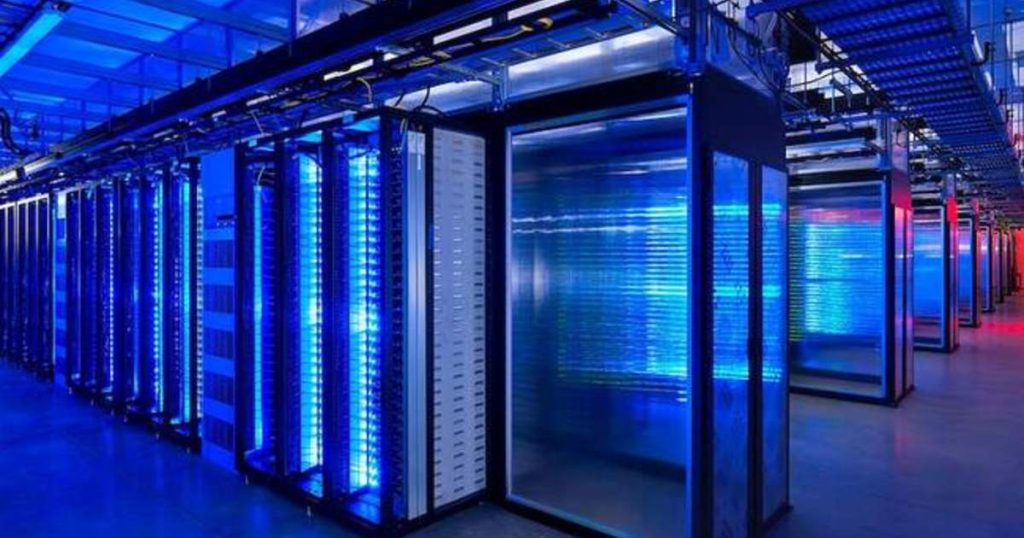
6. The Bigger Picture: AI’s Infrastructure Boom
The acceleration in generative AI is fueling unparalleled data center growth. Goldman Sachs Research estimates the world’s power demand from data centers will increase by up to 165% by 2030. In the United States, they already consume more than 4% of all electricity, over half from fossil fuels. If not planned, the expansion would supersede upgrades to the grid, committing communities to decades of greater emissions and infrastructure expense.
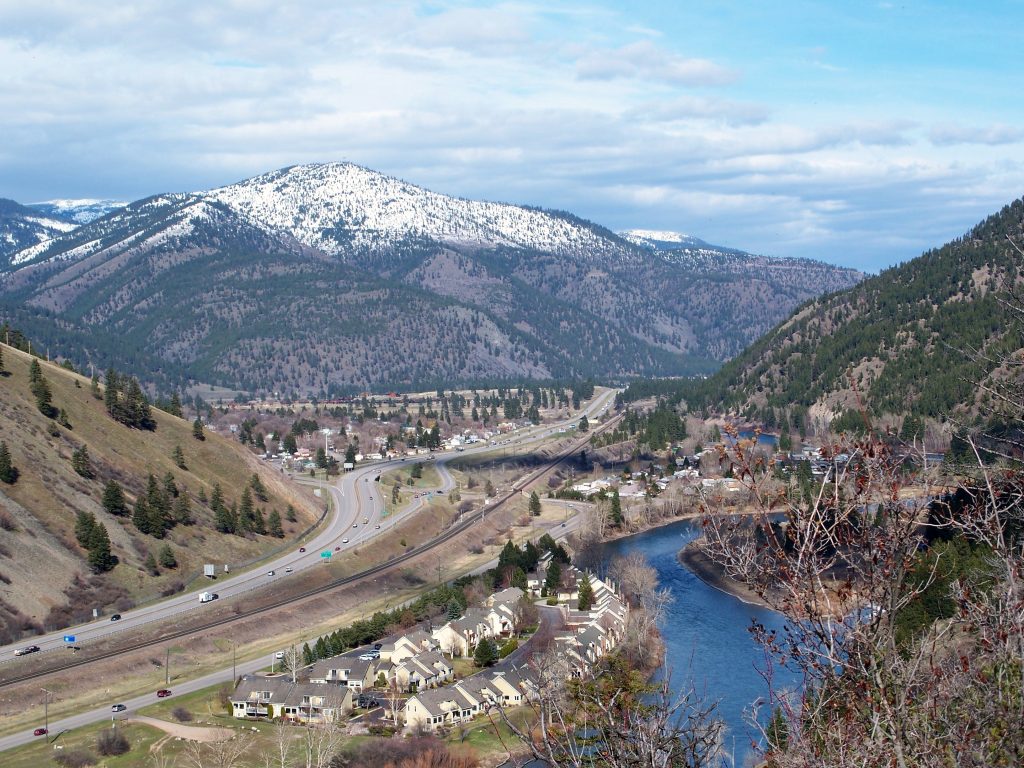
7. Sustainable Design as a Middle Path
All data centers are not environmental bogeymen. Some use waterless cooling, integration of renewable energy, and noise-reducing architecture. In Prince William County, Virginia, one data center rotated its building to send sound toward an airport instead of homes, ending complaints. Towns like Missoula, Montana, mandate renewable offsets and certified e-waste recycling for new facilities evidence that regulation can make technology expansion compatible with community health.
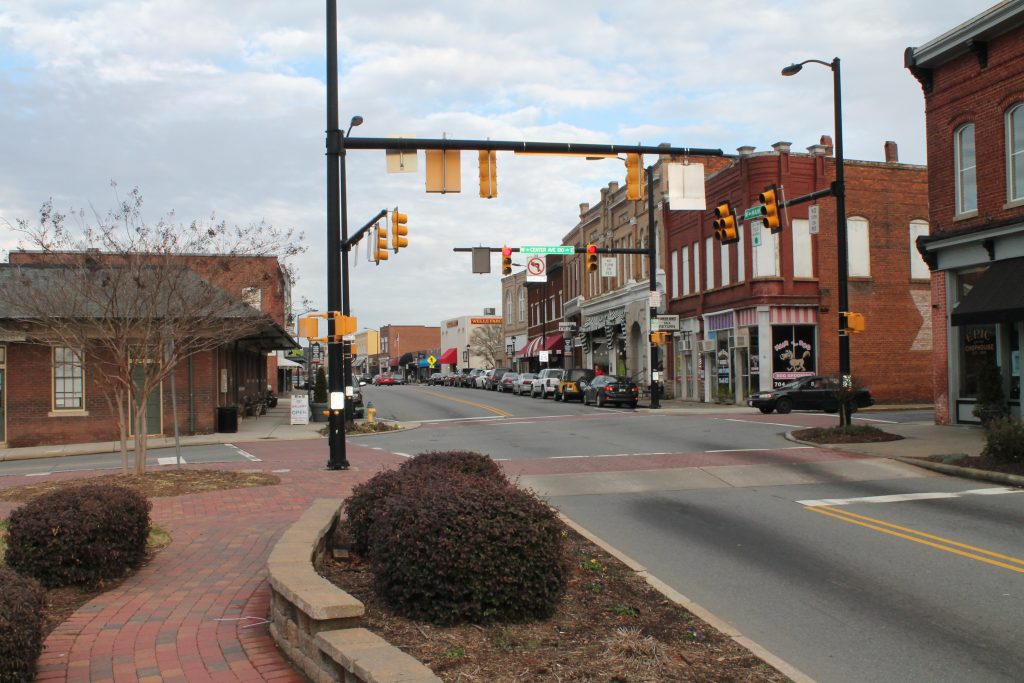
8. The Stakes for Mooresville
Mayor Chris Carney has been hesitant, citing that he does not know which technology company would eventually take over the property. The Board of Commissioners’ September vote will decide if the project goes ahead, is altered, or comes to a halt. To residents, the choice will define not only the skyline but the essence of their town weighing economic possibility against retaining a lifestyle.

In Mooresville, the fight isn’t over a data center. It’s over who gets to choose the fate of public spaces, how to safeguard what can’t be replaced, and if progress can be sought without destroying the quiet cadences that make rural life worth living.


